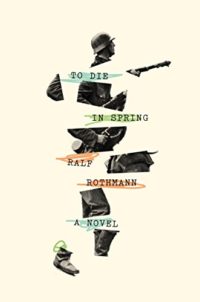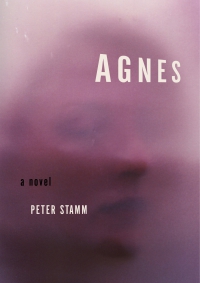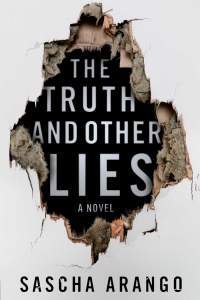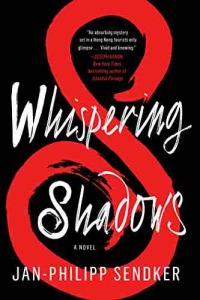To Die in Spring by Ralf Rothmann
 Monday, August 21, 2017 at 9:48AM
Monday, August 21, 2017 at 9:48AM 
Published in Germany in 2015; published in translation by Farrar, Straus and Giroux on August 29, 2017
On his deathbed, Walter’s mind returns to the war. Walter was a dairy farmer, just turning 18 and working for the Reich Food Estate thanks to his inability to shoot straight during his term in the Hitler Youth Corps. Unfortunately for Walter, the war is nearing an end and Hitler needs bodies to move forward and die, followed by more bodies who move forward and die, so Walter is drafted and sent to Hungary, where the Waffen SS is trying to stop the Russian advance. But because he has a driver’s license, Walter ferries supplies rather than fighting at the front. He fires only one shot during the war, but it is a shot he will never forget.
After Walter has a moment of heroism, he is rewarded with the opportunity to search for his cruel father’s grave. That quest takes him even closer to the Russian front, where the consequences of war are stark. Hopelessness pervades the novel. Civilians lose their homes and towns, deserters flee the front only to face execution. The Germans are fighting “a war for cynics, who don’t believe in anything but might makes right” — the same thinking that starts every war. The war pits enemy against enemy but also friend against friend when Walter is ordered to be “stronger than your own scruples.”
The horrors of war are seen from the perspective of soldiers fighting and dying for the losing side. Some of those horrors are inflicted by the soldiers, following orders from officers, on civilians suspected of being partisan, or just to satisfy their blood lust. And some horrors are inflicted on soldiers by their own officers, as the story illustrates in its most dramatic moment. Walter comes of age with an act that no teenager (or adult) should be forced to undertake, and then swallows that moment, concealing it deep within his being for the rest of his life — a fact that is revealed in the opening pages and again, indirectly, through song lyrics that Walter's son recounts in an epilog.
One of the story’s themes is that life moves on, even as individual lives end. Walter believes there will always be a need for milkers, but learns at the war’s end that he will soon be displaced by machines, his three years of training leading only to personal obsolescence. But change is inevitable and the brief time that Walter serves in the war brings about many changes in his life and country. Some of those changes he will live with until he dies, will make him welcome his own eventual death.
To Die in Spring is written (or translated) in smooth prose with no wasted words. It tells a small story at the end of a big war, developing the central character in depth and providing enough context in the atmosphere of war and supporting characters to make the story both convincing and compelling. To Die in Spring isn’t quite as atmospheric as All Quiet on the Western Front, but it conveys similar truths about war's impact on soldiers with nearly the same power.
RECOMMENDED



